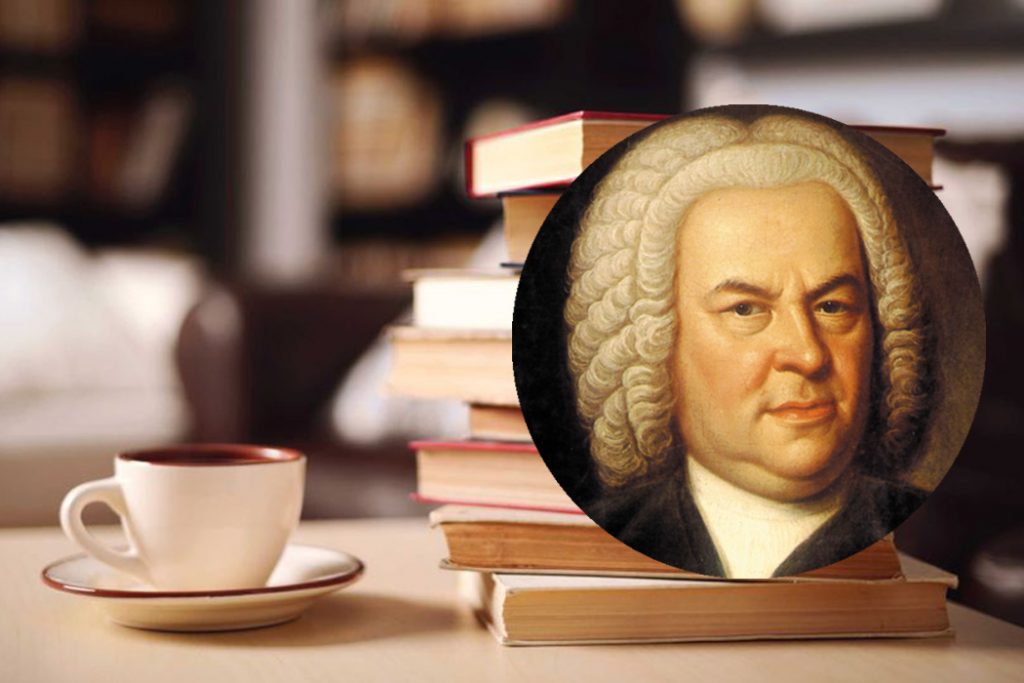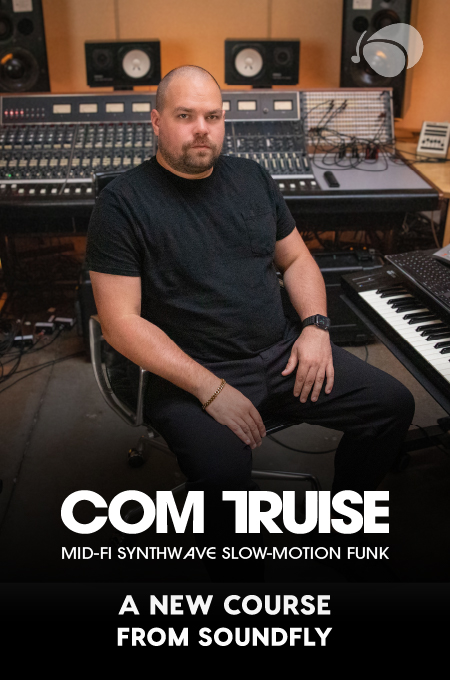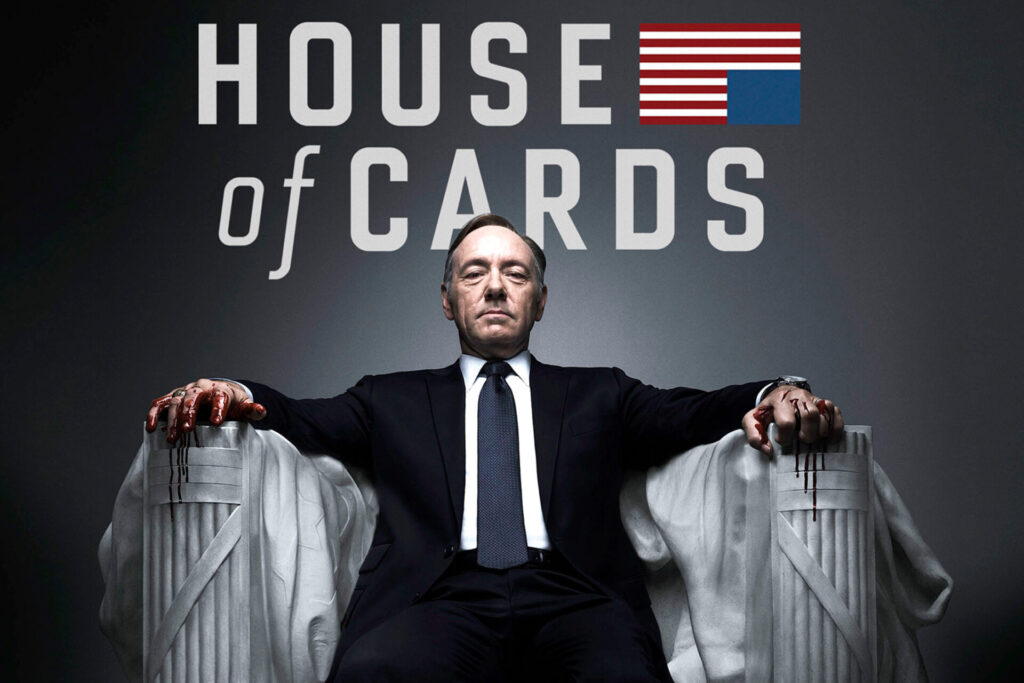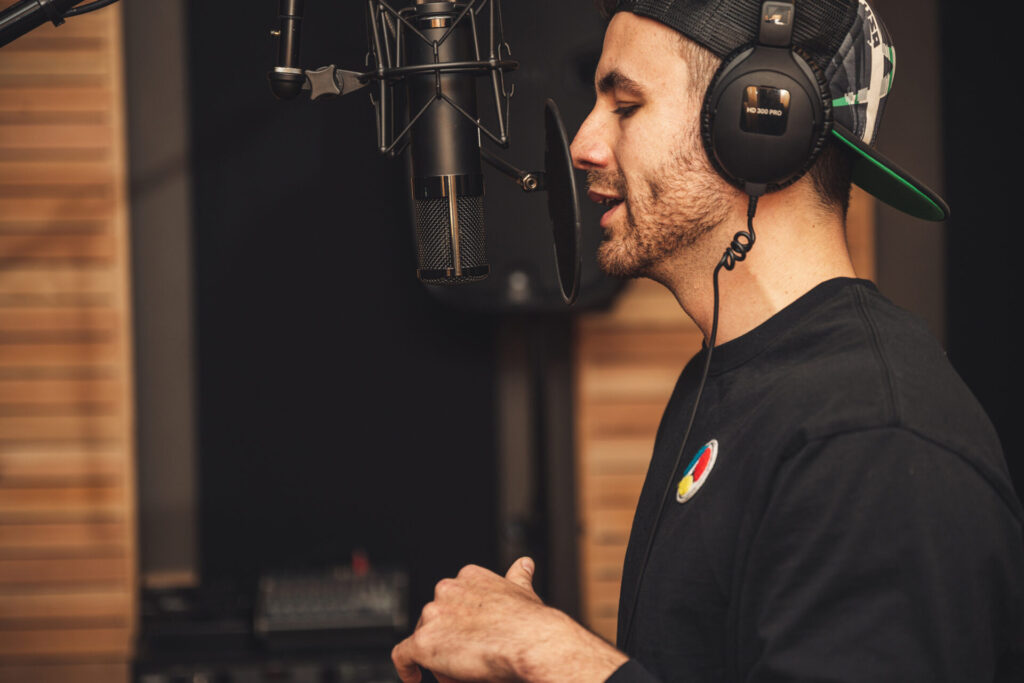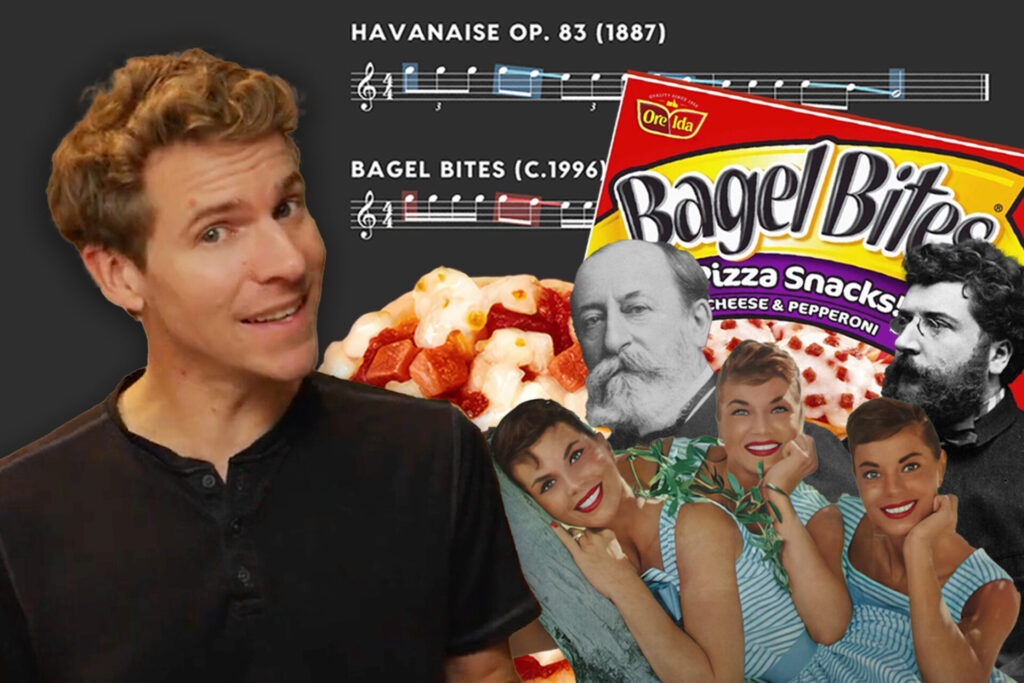+ Take your modern jazz piano and hip-hop beat making to new heights with Soundfly’s new course, Elijah Fox: Impressionist Piano & Production!
Bach’s Ode to Java
Rocket fuel. Joe. Jitter Juice. These are just some of the nicknames we’ve given to one of the world’s most favorite drinks: coffee. It’s no surprise that artists over the years have been compelled to pay homage to the great brown muse; Frank Sinatra, Ella Fitzgerald, and even blues legend Mississippi John Hurt have all written about its mystical powers.
But you might be surprised to learn that coffee’s cultural influence dates back centuries, and was immortalized artistically almost 300 years ago by one of Europe’s most important and beloved composers: Johann Sebastian Bach.
With such enduring and singular pieces as “Jesu, Joy of Man’s Desiring,” “The Goldberg Variations,” and the “Well-Tempered Clavier,” Bach’s (1685–1750) vast body of work is performed almost every single day in almost every country on Earth. Yet, while he is perhaps best known for his love of God and the church, his brilliance, and his meticulousness, he also had a special passion for coffee.
Among his beautiful collection of cantatas (an early form of popular lyrical song which included accompaniment by either a soloist or ensemble), one in particular stands out, and has come to be known as the Coffee Cantata.
This short, satirical narrative piece, formally titled Schweigt stille, plaudert nicht (BWV 211), which translates to “Be Still, Stop Chattering,” is written about a coffee-addicted girl and her grouchy father. The father is apparently disgruntled due to his daughter’s devotion to coffee; she has to have it “three times a day” or she would be in anguish! He bargains with her, punishes her, and cajoles her to give up coffee — all of which she dramatically refuses. She is even considering giving up marriage if it means she can continue drinking coffee!
Although amusing at first glance, there are deeper layers to this composition that indicate some aristocratic and societal details about life in Germany at the time. Nobody gives a second thought to drinking coffee today (heck, there’s practically a Starbucks on every corner!), but at the time, coffee was considered dangerous.
Partially due to its connection with the Turks, who helped spread it around Europe from the Middle East, and the fact that coffeehouses tended to attract rowdy bohemian crowds, the drink was viewed as the devil’s concoction.
Its detractors even went so far as to deride its flavor, claiming it tasted of “old shoes” and “soot.” Now that sounds like one terrible cup of coffee!
But its proponents argued its benefits and lauded its effects — among them, the easing of constipation, the lubricating of social unease, and one of the more ridiculous claims, that coffee could be a cure for the Plague. But for the ruling classes around Europe, and no doubt in Bach’s own city of Leipzig, caffeine was seen as a kind of intellectual drug invading the lives of its citizens.
So they began “cracking down” on coffeehouses and spreading misinformation about the drink so as to affect its importation, noting that it was especially “unfit” for women and children.
And this is something Bach was interested in exploring (whether for political or sociocultural satire, or just for the sake of humor), as his narrative spotlights a woman who refuses to give up her drink of choice:
“Father sir, but do not be so harsh!
If I couldn’t, three times a day,
be allowed to drink my little cup of coffee,
in my anguish I will turn into
a shriveled-up roast goat.
Ah! How sweet coffee tastes,
more delicious than a thousand kisses,
milder than muscatel wine.
Coffee, I have to have coffee.”
Today, we might read these lines as cute and witty, but in the 18th century, we must assume the story to have been received as sharp political commentary. This may have also been reflected in Bach’s collaboration with poet and librettist, Christiana Mariana von Ziegler, who helped write and produce this piece, and may have been one of the initial performers. A woman producing a mini opera about a woman who loved coffee, which was not socially acceptable for her gender to drink? Pretty cool!
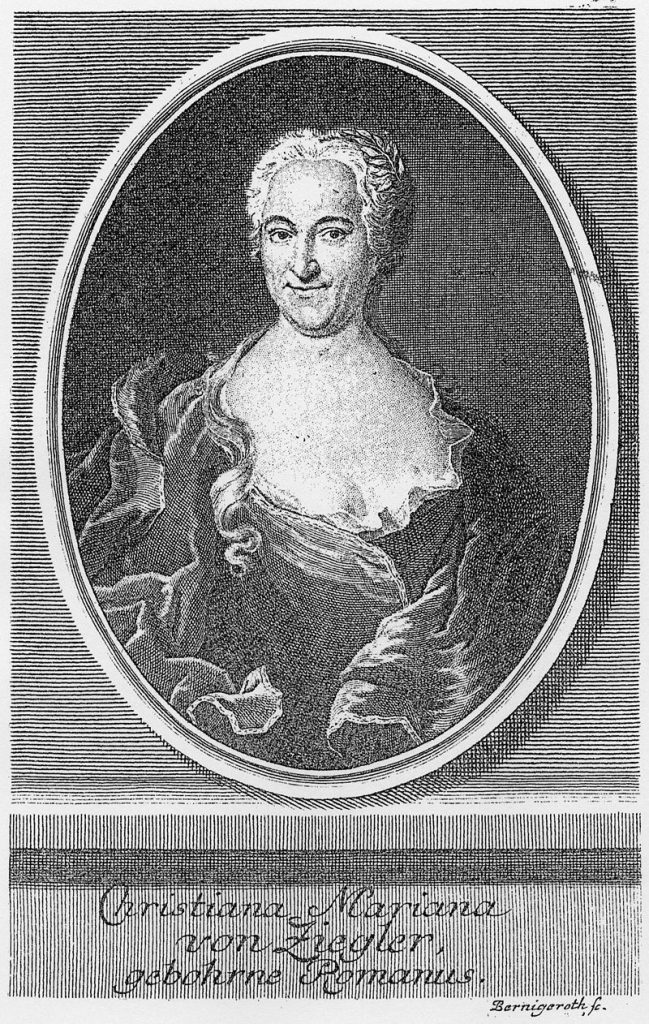
According to many music historians, Bach’s Coffee Cantata was most likely performed at Zimmerman’s Coffeehouse in Leipzig. Coffeehouses back then were a bit different than what was think of cafés today — Zimmerman’s was on a very upscale street, had a posh setting, and hosted live orchestral music.
In summer months, concerts moved outdoors to the garden area. Zimmerman’s was the premiere venue for culture in the area, and Bach regularly directed a small musical ensemble based there, so some assume that the work was written largely for his friends and the local “scene.”
If for some reason you still doubt Bach’s unbridled passion for coffee, here’s one more lyrical quote from the cantata itself. Try singing this the next time you walk up to the café counter to order a latte.
“And if someone wants to pamper me… then bring me coffee as a gift!”
Improve your music with creativity & curiosity on Soundfly.
Subscribe to our YouTube channel for weekly videos, or join Soundfly’s all-access membership to all of our artist-led online music courses, an invite to join our Discord community forum, exclusive discount perks from partner brands, access to artist Q&As and workshops, and more.
